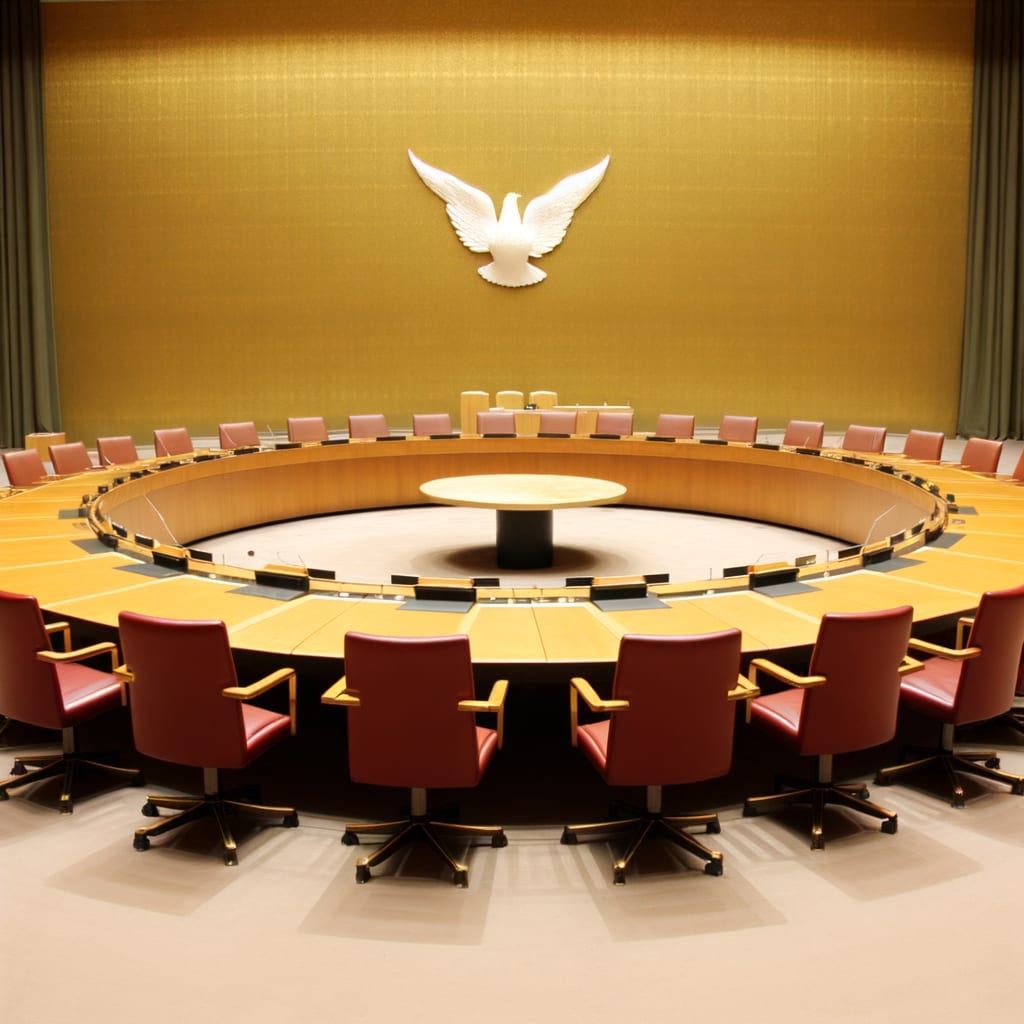Ukraine and US Begin Peace Talks in Geneva Amid Controversy
A Ukrainian delegation is currently in Geneva, Switzerland, working towards a peace plan aimed at ending Russia's war against Ukraine. The proposed plan, backed by the Trump administration, has triggered a wave of international reactions, with some praising the progress made, and others warning that the plan should not compromise Ukraine's territorial integrity.
Background and Context
The peace talks, which kicked off on November 23, involve Ukrainian, American, and European officials. The draft plan, presented by Washington, has been a source of controversy due to its perceived favorability towards Russia. The US president's proposal has prompted strong reactions not just from Ukrainians but also from the country's European allies, some of whom have released an alternative plan that omits some of the pro-Russia provisions of the US-backed document and calls for Kyiv's sovereignty to be respected.
Despite this, the talks have been hailed as a success by some officials. Germany's top diplomat referred to the discussions as a European success, while First Deputy Minister of Foreign Affairs Serhiy Kyslytsia described the talks as productive, urging Ukrainians to stay calm.
Key Developments
The talks have seen some progress, with the US and Ukrainian delegations largely reaching an agreement on the proposed 28-point peace plan. However, there is resistance from various quarters, with Australia's foreign minister echoing the European call for Ukraine's sovereignty to be respected and warning that any peace plan must not hand new territory to Russia.
Ruslan Stefanchuk, Speaker of the Ukrainian Parliament, also outlined Ukraine's priorities in the negotiations, stating that there should be no recognition of Ukrainian territories as Russian, no limitations on defense forces, and no veto on Ukraine's right to choose future alliances.
Implications and Reactions
The peace talks have highlighted the geopolitical tensions surrounding the issue, with President Trump stating that if Ukrainian President Volodymyr Zelenskyy doesn't like the plan, Ukraine should just keep fighting. In response, Zelenskyy has said Ukraine is faced with losing dignity
or risk losing the US as a partner over the peace plan proposed by the Trump administration.
European leaders and other allies have expressed concern about the US's peace plan, stating that it requires additional work
and cautioning against giving concessions to Russia. The US has set a deadline for Thursday, leaving little time for adjustments and negotiations.
Current Status and Next Steps
The peace talks are ongoing, with a new round of negotiations beginning in Geneva. The outcome of these discussions could potentially shape Ukraine's future alliances and its relationship with the US and Russia. As the talks continue, it remains to be seen whether the controversial elements of the US's peace plan will be adjusted to address the concerns of Ukraine and its allies.

